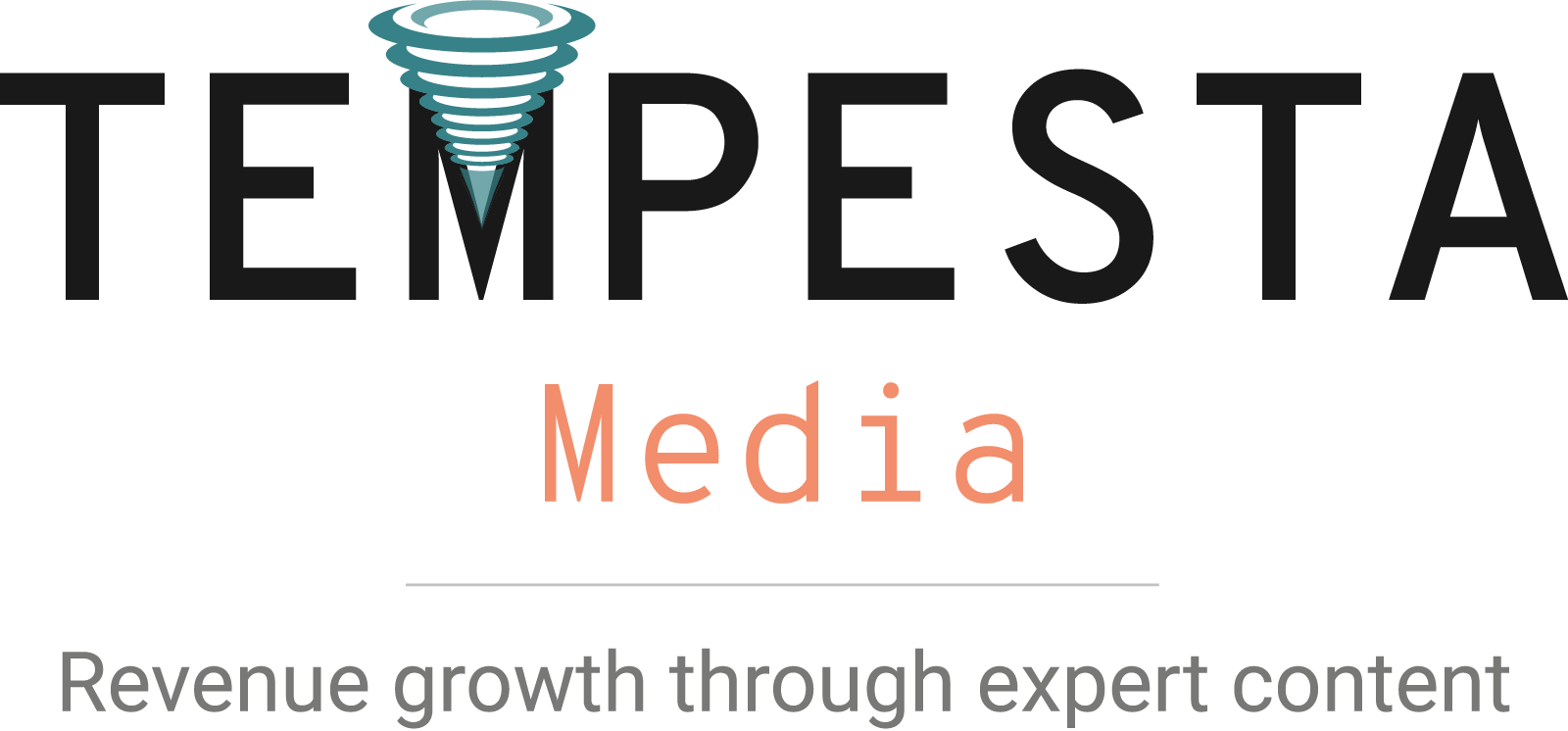Adding the role of content marketing to an already busy employee will set you up for disaster.
When starting their programs, many companies assign the role of content marketing to an already busy employee.
Making an individual add content marketing to their overall responsibilities results in a dilution of focus. Unless they’re given the time and resources to implement the program, both the employee and the program will likely fail.
Is it possible to delegate the responsibility of a content marketing program to an employee with other responsibilities?
On a short-term basis, it is possible. However, you shouldn’t do it for more than six months.
Many people think that content marketing is nothing more than writing blog posts for your website. The reality is it’s much broader and requires a whole set of skills that many companies don’t have internally. As such, assigning the role of content marketing to an already busy employee simply won’t work in the long term.
To elaborate, when you have an employee with a full list of responsibilities, they won’t be able to get anything else done. They’ll see content marketing as a secondary (or tertiary) task.
You’ll see this manifest through missed deadlines and a deprioritized initiative. Essentially, the employee won’t take content marketing seriously and will continue to focus on their original responsibilities instead.
They’ll work this way for a while, creating substandard content. That content will experience more delays because no one is efficiently reviewing it (because the employee isn’t actively tracking progress).
Ultimately, you’ll publish very few pieces of content. Of those published, they’ll be weak and not properly amplified.
Then when you calculate metrics, you’ll see very few positive results to show for all the extra time and effort. In response, the executive sponsor will lose interest, and the program will die before it had an opportunity to grow.
Therefore, unless you plan to reallocate responsibilities and reprioritize tasks, your appointed internal employee won’t be able to give it the attention that a new program needs to launch.

If an internal employee can’t handle the program, who are you supposed to appoint?
Many companies believe that their offerings and their industry so niche that it’s impossible for anyone else to write specialized content other than the executive leaders of the company.
This is one of the biggest myths of content marketing. The reality is writers who have deep experience writing expert-level content can write for any industry.
Tempesta Media works with hundreds of companies, many of which are in what most would consider highly niche industry segments. We can write content at a level comparable to what executive leaders would create – without them having to do the work.
We use a strong methodology for uncovering information and utilize both experienced editors and experts from the specific industry space. This combination allows us to replicate executive-quality content (at a much lower cost).
For companies where the CEO is still writing and managing the content marketing program, this is an opportunity for them to outsource to a vendor like Tempesta Media while not losing the quality that they expect and demand.
How does the content marketing team change depending on the size of the business?
Content marketing is one of the highest-yielding ROI marketing programs within the entire marketing mix. Therefore, as companies grow within the B2B space, their reliance on content marketing grows too.
Small companies
With that said, companies that make under $2 million typically appoint one content marketing project manager to handle the program.
Mid-sized businesses
Generally, companies at $10 million or more allocate more resources to the program. As such, in addition to a project manager, there may also be a designer to create infographics and other visuals. You may also see an SEO or social media specialist who optimizes and amplifies the content for the widest reach.

Large enterprises
Once you get beyond $10 million, you see the beginnings of a full-fledged and integrated content marketing team. The team now includes writers, editors, graphic designers and web developers. They’re responsible for the creation and publication of content.
In addition, link developers and other promotional roles emerge. Finally, content analysts and conversion optimization specialists join the team to review and optimize the prospects’ and customers’ experience with the company’s content marketing program. This team typically reports to the head of marketing (which is most likely the CMO or the VP of marketing).

However, it’s important to note that even companies that make over $10 million in revenue still often adopt a hybrid structure to maximize budget resources. In other words, they keep the project management and the strategy in house. They outsource the content creation, some of the editing and some of the amplification.
In our experience, this is the best model for companies to adopt. By implementing a hybrid program, companies have the ability to not only create content at scale but also create quality content that drives results. That’s the ultimate goal.
A content marketing structure needs to be established for the program to succeed.
Assigning the role of content marketing to an already busy employee isn’t the ideal structure for the program. Companies need to establish a structure internally to effectively implement, optimize and scale a content marketing program – no matter whether it’s a single dedicated employee, like a content marketing project manager, or a hybrid team that includes both internal and external resources.
The most important thing to remember is this: If you intend to scale your content marketing and drive results, you need to allocate adequate resources, which includes:
- Time
- Materials
- People
- Funds
Appointing the right content marketing team is just one of the many parts of launching a successful program. If you have a content marketing program or are planning one, download our ebook 100 Mistakes Businesses Make When Starting, Optimizing and Scaling Content Marketing Programs.
This ebook will walk you through the mistakes of hundreds of other companies and the challenges they faced in implementing their content marketing programs. To learn more about how Tempesta Media can help you streamline your content creation process and deliver quality content at scale, contact us today.












